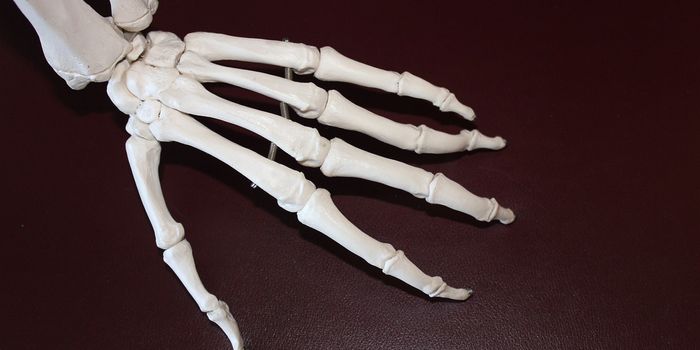Tumor Model Accurately Predicts Patient Response to Immunotherapy
Immunotherapy has changed the way physicians treat patients and has improved standard of care for many different tumors. Unfortunately, solid tumors are still treated with limited efficacy. In many cases, solid tumors are not recognized by the immune system and progress throughout the body. Tumor growth unnoticed by the immune system is due to immune suppressive mechanisms that the cancer controls. These mechanisms dysregulate immune cells from functioning properly. Various tumors escape immune cell detection and by the time it is clinically detected, the cancer has moved to an advanced stage.
Although there are many solid tumors that rapidly progress, one in particular includes glioblastoma. Glioblastoma is an aggressive brain tumor that extends into the spinal cord and results in poor prognosis. It arises from glial cells which support nerves and aids in brain damage repair. Unfortunately, scientists are still unsure on how glioblastoma occurs. Symptoms can vary based on location of tumor in the brain, but common features include headaches, nausea, seizures, vision changes, difficulty speaking, and change in personality. Currently, there is no cure for glioblastoma and the treatments are limited based on the aggressive stage at diagnosis. Scientists are working to improve quality of life and prolong survival through different immunotherapies, which redirect immune cells toward the tumor.
There are various ways to study therapy in a laboratory including the use of animal models and cells in a dish. However, a more recent form of model has emerged in the last few decades that can help scientists better mimic a human tumor. This new technology are cells cultured in a dish that are produced to form a 3D tumor. These cell cultures are referred to as ‘organoids’ and they are designed to grow and act like a tumor within the body. A group at the University of Pennsylvania (UPenn) is using this model to test tumor response to novel immunotherapies.
A recent paper in Cell Stem Cell, by Dr. Donald M. O’Rourke and others, developed patient-derived organoid cultures that help assess tumor response to immunotherapy. O’Rourke is a Professor of Neurosurgery and Director of the Glioblastoma Translational Center of Excellence at the Abramson Cancer Center, University of Pennsylvania. His work focuses on novel immunotherapy treatments against glioblastoma. More specifically, he develops new ways to activate immune cells to recognize and target the tumor.
In the study, researchers resection the brain tumor and used those cells to generate organoid cultures in the lab. Surgery is the first line of defense in treatment but does not cure the patient. Tumors commonly come back, and researchers took advantage of this knowledge to test their organoid culture. It took 2-3 weeks to establish the organoid culture, which allowed patients to recovery from surgery. Patients and the organoid cultures were then treated with a novel immunotherapy drug concurrently. Remarkably, they found that the organoid culture responded to therapy similarly to the tumors in patients. This discovery helps demonstrate the translational power of using an organoid culture to predict therapy outcomes in the clinic. Additionally, it can help understand what exactly happens in the brain when treating brain tumors with different therapies. O’Rourke and others have revolutionized the way scientists study glioblastoma and provide a necessary tool that can improve quality of life and patient care.








